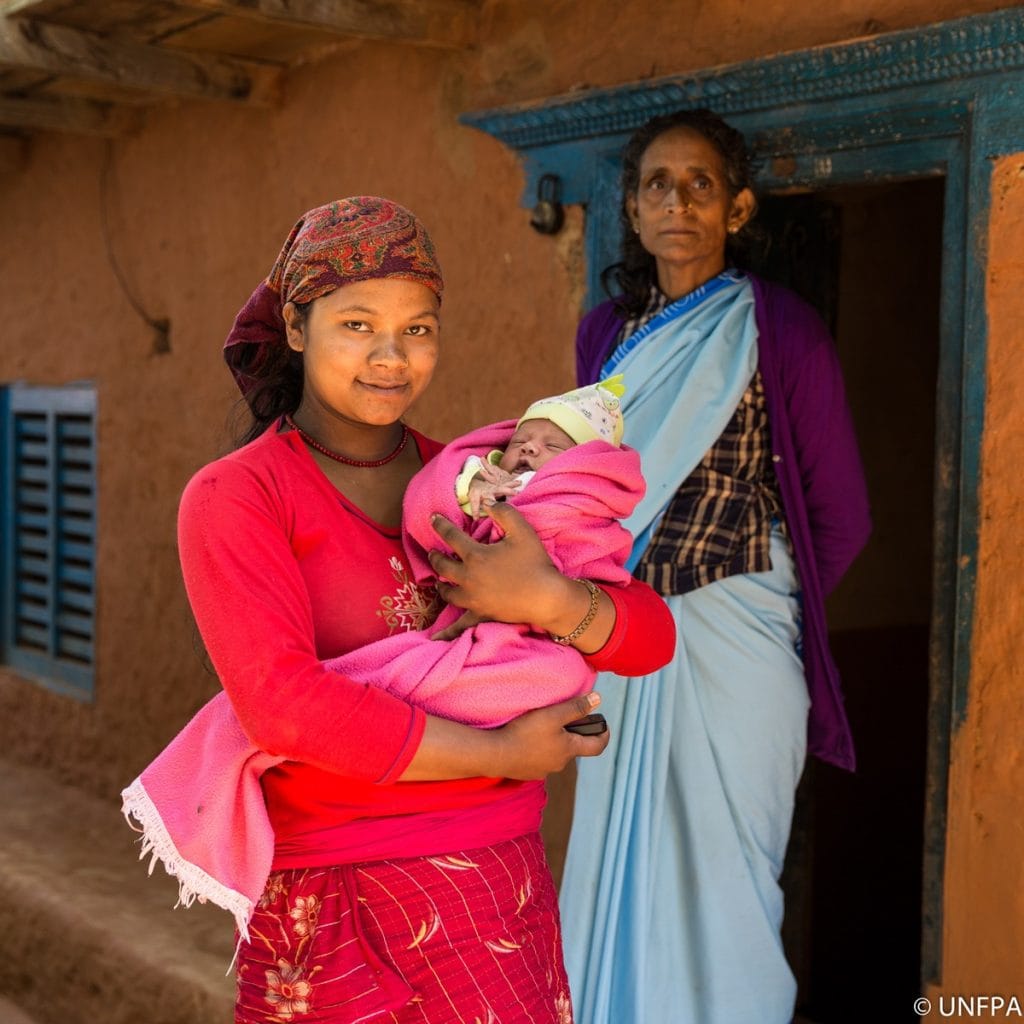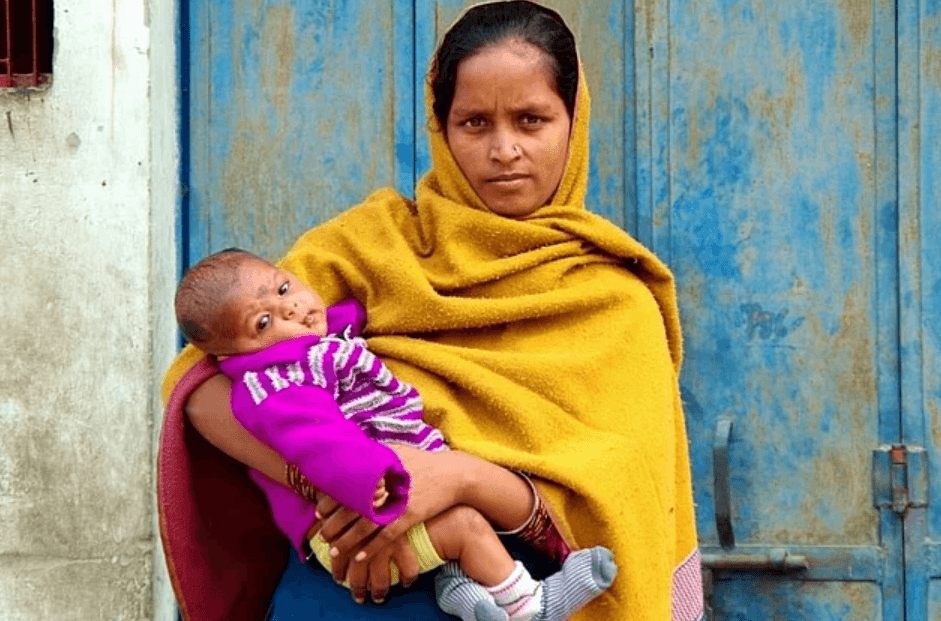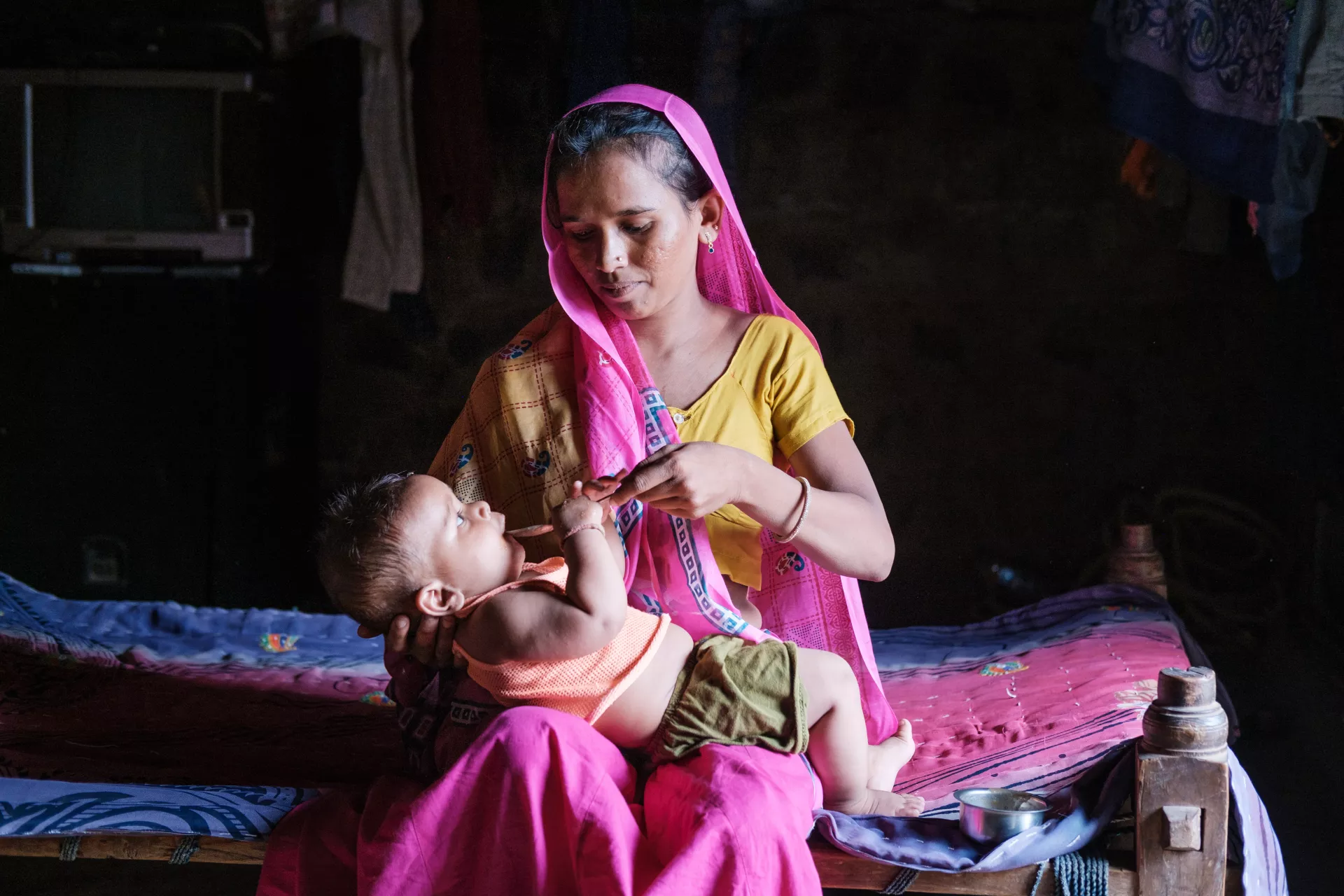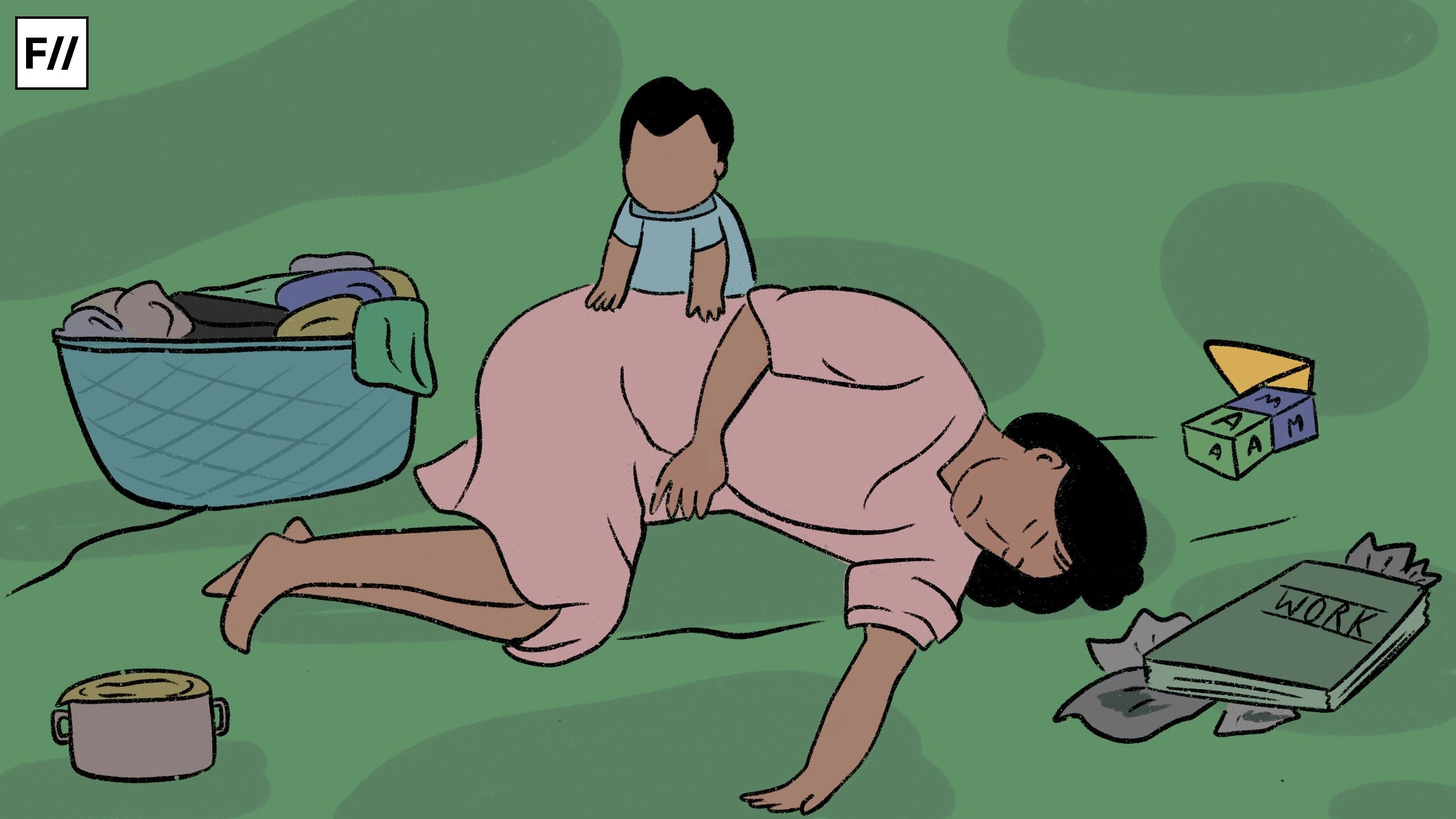Despite women making significant strides in traditionally male-dominated spheres, there remains a lack of adequate recognition of their unique biological and functional roles. Motherhood, an important lifecycle event, remains under-represented in the broader gender theory and feminist discourse. The focus on motherhood in the Indian context has been largely on sustainable development goals (SDGs), reduction of maternal mortality, and improvement of maternal health. This approach has, in turn, enabled India to make significant progress in the reduction of maternal mortality, with about a 68 per cent reduction in MMR over the last two decades.
However, India’s progress on maternal health indicators has been far slower and it is set to miss at least eight of its SDG targets relating to maternal health. Additionally, challenges persist in addressing broader maternal health issues, such as anaemia, teenage pregnancies, and ensuring healthcare services are accessible to vulnerable populations.
The journey to comprehensive maternal health in a diverse country like India is undoubtedly challenging. It is inextricably linked to prevalent behavioural norms in the country, overtly valuing the reproductive role yet sidelining tangible maternal health needs and their real-world consequences. The need of the hour is to resolutely change this, putting the individual at the centre of clinical health practice and social discourse around motherhood. We can achieve this through a gender-transformative maternal health approach.
The imperative for a gender-transformative approach
Gender transformative programming aims to challenge and shift underlying social norms, roles, and power relations that perpetuate gender inequalities. The process involves confronting and changing discriminatory practices and beliefs that reinforce these imbalances. A gender-transformative maternal health approach foregrounds the intersectionality of women’s experiences: the web of multiple identities across caste, residence, literacy, and socio-economic status, which impact their access to quality healthcare. Such a programme would involve community engagement activities that challenge traditional gender roles and promote shared responsibilities in maternal healthcare.

For example, initiatives that encourage men’s involvement in maternal healthcare, such as attending prenatal visits with their partners, counselling for other family members including in-laws, and supporting equitable decision-making in family planning.
While the gender-transformative framing of maternal health has been a part of the discourse since the 1980s, it remains largely aspirational, with little actualisation on the ground. Consider the case of iron-deficiency anaemia in women, where India ranked 170 among 180 countries in 2016. While much of the policy narrative emphasises curative solutions like iron supplements and addresses an immediate need, it cannot remedy the root cause.
Anaemia among women is tied to systemic gender inequalities. These include the unequal distribution of food and other resources within households, where patriarchal norms often result in men receiving preferential treatment over women. Studies have shown that healthcare expenditure was systematically lower for Indian women than their male counterparts across all socioeconomic subgroups, despite women having a higher prevalence of morbidity than men.
Beyond physical health concerns, many women face gaping infrastructure deficiencies in their home environment. The government-run maternal health program “Janani Suraksha Yojana (JSY)” reveals that women from Scheduled Castes and Tribes face a significant disparity in access to institutional deliveries – a 54 percent lower access rate compared to their non-SC/ST counterparts. Studies have also found wide differences in the quality of care available to mothers based on their socio-economic positionality. The access to quality care here entails not just adherence to medical and hygiene protocols but also access to respectable and dignified care. Women belonging to Scheduled Castes experienced a higher prevalence of labour room violence (20.6 percent) compared to those from Other Backward Classes (15.2 percent) and upper castes or the general category (12.5 percent).
Nurturing maternal health, nurturing the world
Fostering women’s agency begins with providing access to critical information and awareness about various aspects of their health, nutrition, family planning, and their rights and entitlements, enabling them to make informed decisions about their health and bodies. Similarly, equipping mothers with knowledge and resources related to self-care, sexual violence and other preventive measures is crucial for enhancing their health-seeking behaviours. While some of these community-based interventions are already built into the existing system, there is a need to strengthen them further to increase awareness and agency among women.

It is important to note that the discussion of maternal health cannot be limited to a normative definition of motherhood; this is just the starting point. We must broaden our perspective to encompass the diverse experiences of all mothers, including single mothers, adoptive mothers, queer mothers, and aspirational mothers facing challenges with fertility.
Maternal health must be understood within this broader framework, with an emphasis on equity and inclusivity. The healthcare system must be accessible and equitable for every mother, regardless of their circumstances.
By addressing these critical issues and honouring the diverse experiences of mothers, we can ensure that policies reflect their needs and realities. This approach will pave the way for a healthier, more equitable future for all mothers in India, empowering them to receive the care and respect they deserve.
Khushboo Balani is a Team Lead at Dasra’s research and insights team. Aanshi Gupta is an associate at Dasra’s research and insights team. Mahima Sharda is an associate at Dasra’s research and insights team.




